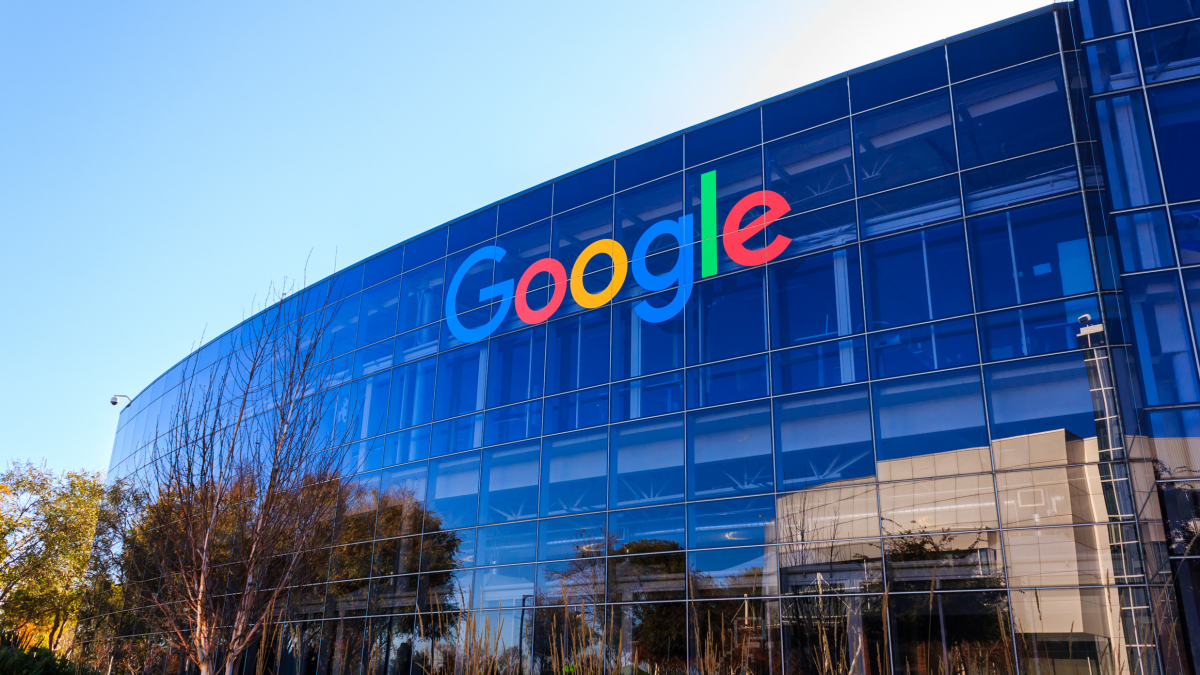Google is said to have hindered e-privacy and slowed down non-AMP sites
Google and Facebook have been confronted with antitrust lawsuits for a long time – both in the US and in Europe. In December 2020, for example, nine US states filed a lawsuit against illegal advertising collusion by Google and Facebook. The Federal Cartel Office also initiated various proceedings against Google in 2021.
From a lawsuit by Texas and eleven other states, the lawsuit has now been published unredacted by the competent court, reports the New York Times. Among other things, internal Google documents were cited, which revealed new details.
Contents
Google internal documents: Successful e-privacy “slowed down”
An internal memo from Google is cited in the complaint. It states that Google was “successful in slowing down and delaying” the e-privacy regulation. The company worked “behind the scenes, hand in hand with other companies”. This memo is said to have been created in advance of a meeting between the five big tech companies, including Facebook, Apple and Microsoft. At the time, according to the complaint, Google tried to prevent data protection provisions from the American Federal Trade Commission and from congressional legislation.
In addition, Google would have had concerns about what the competition is up to: Google would have had problems persuading Facebook to “join our goals and strategies for protecting privacy”. In addition, Facebook would have given “reputation gain priority over business interests in legislative debates”. There would also have been concerns about being inferior to Microsoft in data protection matters. According to the complaint, a high-ranking Google executive said that Google should align itself with Microsoft where possible, but “watch out for their activities” and “try to get as much inside information as possible”.
When it was launched in 2015, AMP was said to “drastically improve” the performance of the mobile web. In the application, however, it is said that the loading speed of sites that have not used AMP should have been throttled. So the comparison has been pimped up in favor of AMP. By slowing down the loading speed of pages and ads without AMP, header bidding would automatically also be slower – Google used this to describe header bidding as too slow overall. Google would have falsely claimed that header bidding increases website latency and, if done incorrectly, creates security vulnerabilities. Internally, the employees had problems explaining publicly why Google was slowing down a bit.
Header bidding is an advertising practice in which publishers place their advertising zones on different advertising exchanges at the same time. As a result, they potentially generate higher income and greater transparency. However, this bypasses Google’s “waterfall” approach when submitting bids, which usually benefits Google’s own ad server. Header bidding, however, requires JavaScript, which in turn is not supported on AMP pages. The complaint states that Google created AMP to respond to the threat of header bidding. Due to the power in the search area, the company basically forced publishers to use AMP as the format for mobile websites – and thereby prevented header bidding from being used and the ads running exclusively via Google.
In May 2020, Google announced that AMP was no longer a prerequisite for being displayed in the top stories – but in the same month the page experience was announced as a ranking factor. The page experience includes the loading times of websites. That Search engine country argues that publishers no longer needed to implement the AMP format – but they still shied away from removing the AMP architecture if AMP did improve loading times.
Google also takes a share of 22 to 42 percent of the US advertising expenditure that runs through its systems. That is on average between two to four times as much as the fees of the competition in the digital advertising market. Peter Schottenfels, a Google spokesman, told that Wall Street Journalthat the lawsuit is full of inaccuracies. On the contrary, Google’s ad tech fees are lower than the industry average. The lawsuit argues that the high advertising prices led companies to hit the increases on product prices and thus pass them on to consumers.
The lawyers concentrate on Google’s AdX advertising exchange. According to their own statements, these raise 19 to 22 percent of the prices that advertisers pay to reach publishers. That is twice to four times the share of the competing stock exchanges. The Google Display Network for smaller advertisers would incur fees of 32 to 40 percent – that would fit in with the fact that publishers receive 68 percent of the advertising revenue on Google’s Adsense. The complaint cites internal conversations in which executives commented that Google would make “LOTS of money” simply because “we can”. Smaller publishers have no alternative sources of income, said a: e Google employee: r.
The lawsuit also cites an internal Google document that stipulates the motivation to imitate a walled garden over the open web in order to protect profit margins. On the one hand, this means that Google would control the design of the advertising zones and then force publishers to use them exclusively via Google. A: e Google employee: in described that pages can be operated in this way without owning them. This plan was said to have been called “Project NERA”.
For the sake of completeness, it should be noted that the antitrust lawsuit was only brought by Republican states. Members of the US Republican Party have been at odds with tech companies since the Trump presidency at the latest. In one 2020 Pew Research Center report 90 percent of Republicans said that social networks would censor political opinions. Time and again there were (mostly Republican) voices claiming that there was censorship of conservative voices on social media – one of them was Trump himself. However, there was never any evidence of this, on the contrary: If the reach and engagement were compared, the conservative and right-wing sides always got off significantly better, as here at Media Matters. So the litigation is highly politicized.
A Google spokesman said in the complaint that just because Texas Attorney General Ken Paxton said something that didn’t mean it was true. The entire application is in this one PDF of the Federal District Court of the Southern District of New York retrievable.



